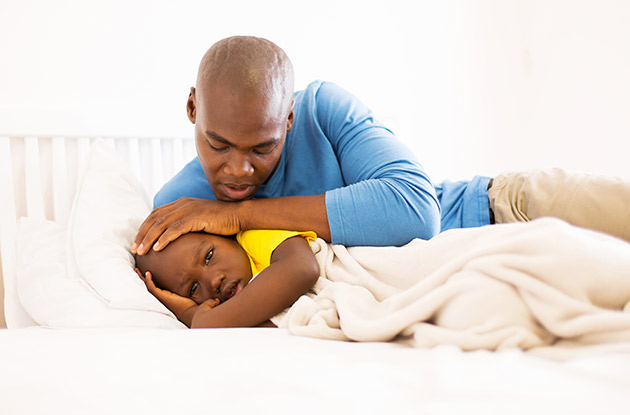Get the Best Winter Activities
Maintain a healthy diet.
Of course, your child should also be getting all the vitamins she needs—something that will happen as long as she’s eating a healthy, nutritious diet (though you can’t go wrong with a multivitamin!). Also check that your county’s water supply has fluoride in it. If not, you may want to make sure your child is getting the right amount of fluoride, Dr. Kahn suggests.
Don’t let your child share things that go in his mouth.
After spending the last few years teaching your child the importance of sharing, flu season is the time to throw those lessons out the window. Well, at least for utensils, pacifiers, cups, and other items that go in your child’s mouth, Dr. Kahn stresses. Even if a child in playgroup is not showing symptoms of a cold or flu, there is often an incubation period when she is contagious anyway, so it is best not to share these things ever. If your child drops his pacifier, don’t be so quick to give it a swift wipe and pop it back in his mouth. Germs are everywhere.
Know when to take your child to the doctor.
Although kids do get sick frequently, it’s important to know the signs that it is time to get your child evaluated by a pediatrician. If he has a high fever that won’t come down with Tylenol or Motrin, you should see the doctor. Once your child is fever-free, wait 24 hours before letting her go back to school. Think about it: Would you want someone else sending their sick kid into school to cough all over your child? Perhaps most importantly, if your child shows any signs of difficulty breathing, including fast breathing, nasal flaring, and using extra muscles to breathe, you should take her to the doctor immediately, Dr. Kahn says.










